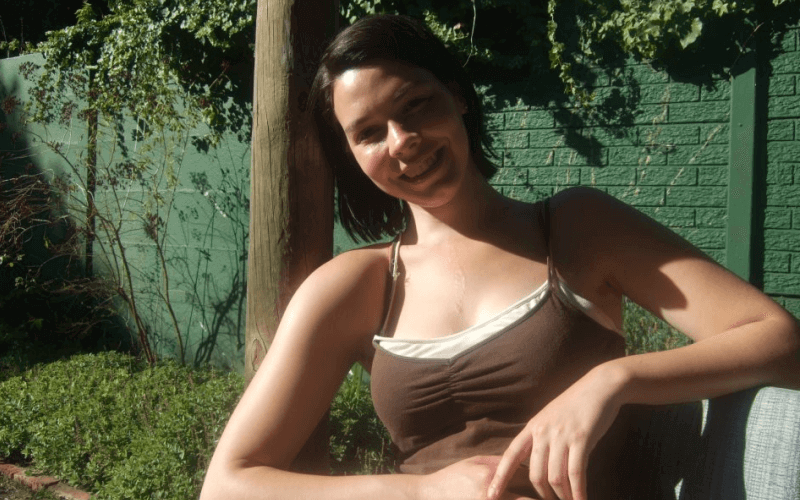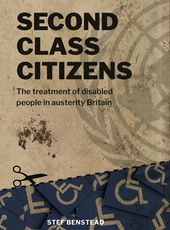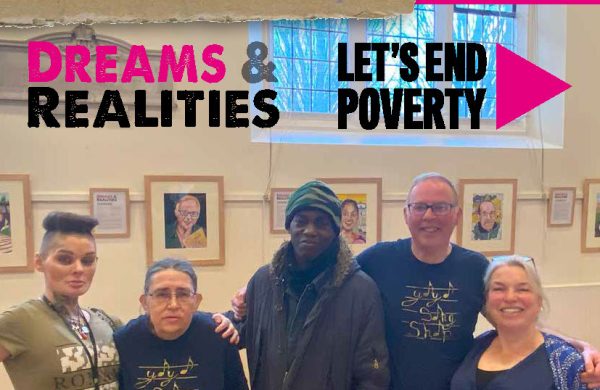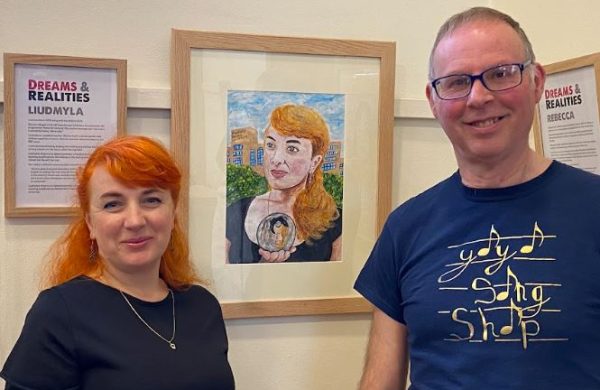Reflections on living in lockdown: isolation
Church Action on Poverty trustee Stef Benstead shares reflections on how the Coronavirus outbreak is affecting her life, as someone with disabilities who is used to being on a low income. In the fifth post of the series, she talks about isolation.

I first became ill in 2011, had brief remission in 2014, and then got steadily worse until the end of 2015. That second deterioration was worse than the first, as I lost again everything I had so recently regained. It took me a year to gradually give up all the activities that had become too much for me. I stopped doing youth work at church, tried to become church treasurer (I was still picking up new things when I should have been putting things down!), stopped going to church at all for three months, reduced my visits to my gran from three times to once a week, stopped running and cycling and returned to using a mobility scooter, and stopped any attempts at housework. At the very last, I stopped what I should probably have dropped first: my half-day a week of paid work.
Because I need a lot of rest, it took me all day to complete that half-day of work. I got a lift to and from work from colleagues, which also constrained me to fitting in with their driving times. I loved the work that I was doing, but my body couldn’t take the physical toll, and putting myself into that physical harm was mentally harmful. I ended up with severe reactive depression and took an overdose. I should have resigned about a year before I actually did, but I thought I couldn’t bear the mental loss.
In reality, the mental loss of giving up work was much better for me than the mental strain of slave-driving myself into work. I cried for about two weeks in the run-up to resigning, but once I had resigned I felt much better. I was free to live within my health constraints.
It was a year of great loss and I had to learn what it meant to be a Christian and yet not serve God through serving others.
The Westminster Shorter Catechism says that the chief end of man is to glorify God and enjoy him forever. This is something that each one of us can do in complete isolation from anyone else. It feels futile, but actually it works wonders. Even if we were to never leave our isolation, our closeness to God and our time spent talking with him would impact the world. But for most people, a period of isolation is temporary. It is then a time for getting ready, a time more precious than any other, a time when you have unprecedented hours to spend talking to God, singing and making music, doing gardening or art or hobbies with him, studying and meditating on his word, and generally getting to know him and be more like him.
My three-month break from church felt almost like being on retreat. My faith was just me and God. Without a weekly church service to kid me that I’d done enough on my relationship, the time I spent with God during the week suddenly felt a lot more important and worthwhile. I had to read his word for myself, and pray to him myself, and listen to him myself, rather than do all these things filtered through another person. As I was also cutting out social activity, my friendship with God also became more important. I needed God to be my best friend, which meant talking to him that way.
My prayer is that for each of us for whom this is a time of isolation, it becomes a time of closeness to God that is sweeter than any we have ever known.
 Stef Benstead’s book Second Class Citizens: The treatment of disabled people in austerity Britain is available from the Centre for Welfare Reform.
Stef Benstead’s book Second Class Citizens: The treatment of disabled people in austerity Britain is available from the Centre for Welfare Reform.




Comments (02)
Comments are closed.